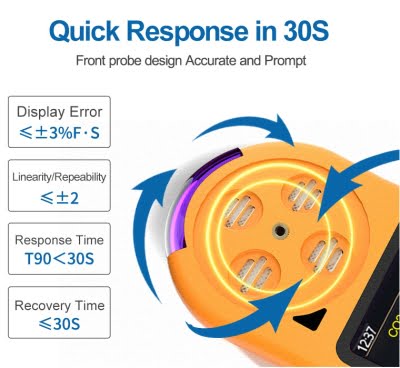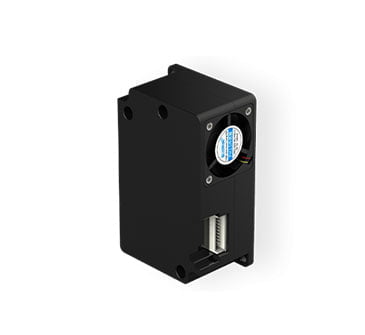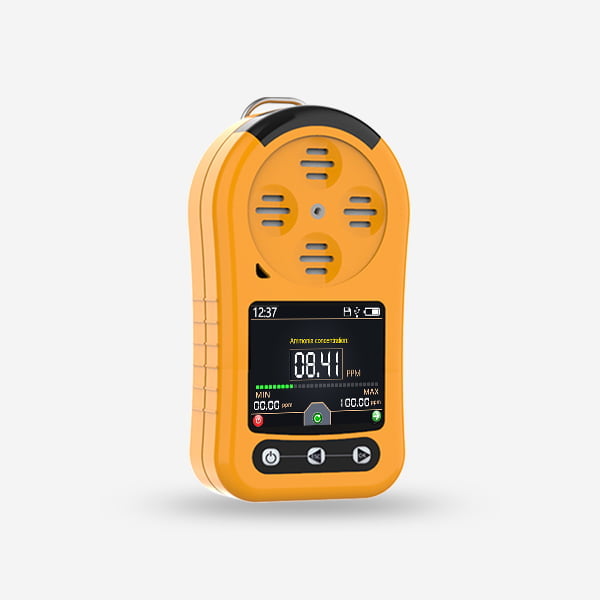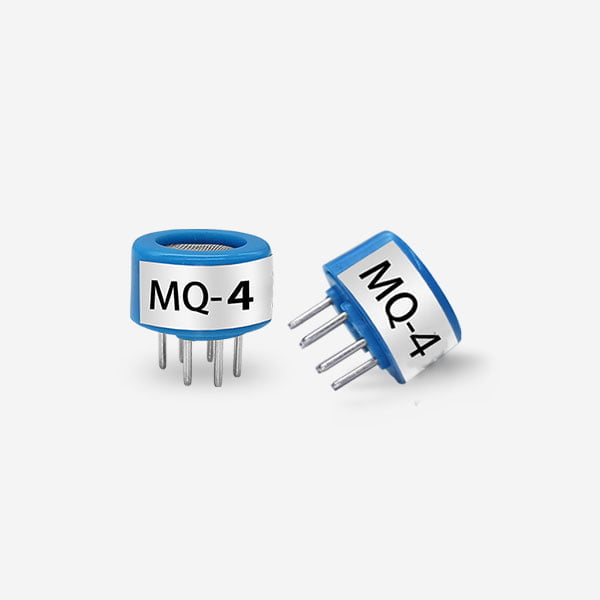Gas detectors are critical safety devices used to monitor the presence of hazardous gases in various environments, including industrial facilities, laboratories, and commercial buildings. Proper maintenance of gas detectors is essential to ensure their reliable performance and accuracy in detecting potentially harmful gases. In this article, we will discuss best practices and essential tips for maintaining gas detectors to maximize their effectiveness and longevity.
Best practices and essential tips for maintaining gas detectors

Regular Calibration:
Calibration is a crucial aspect of gas detector maintenance. Regular calibration ensures that the gas detector provides accurate readings and responds appropriately to the presence of hazardous gases. Calibration involves adjusting the sensor’s response to known concentrations of target gases to ensure its accuracy. It is recommended to calibrate gas detectors according to the manufacturer’s guidelines and schedule, which may vary based on the type of sensor and the specific application.
Sensor Inspection and Replacement:
Gas detector sensors can degrade over time due to exposure to gases, environmental conditions, and normal wear and tear. Regular inspection of sensors is important to identify any signs of damage, contamination, or drift in readings. If any sensor is found to be faulty or out of calibration, it should be replaced promptly to maintain the detector’s accuracy and reliability.
Battery Maintenance:

Most gas detectors are powered by batteries, and ensuring the proper functioning of the batteries is essential for uninterrupted operation. Regularly inspect the battery status indicators and replace the batteries as per the manufacturer’s recommendations. It is also important to keep spare batteries on hand to minimize downtime in case of battery failure.
Functional Testing:
Conducting regular functional tests on gas detectors is crucial to verify their proper operation. Functional tests involve exposing the gas detector to a known concentration of test gas to confirm that it triggers an alarm and provides accurate readings. Perform functional tests according to the set schedule and document them.
Firmware and Software Updates:
Gas detectors with digital displays or data logging capabilities may require firmware or software updates to maintain optimal performance and compatibility with evolving technologies. It is important to keep abreast of the availability of updates from the manufacturer and to ensure that the software is kept up to date.
Environmental Protection:
Gas detectors are often in dangerous environments where exposure to dust and moisture can affect their performance. Properly protecting gas detector from environmental hazards, such as using protective enclosures or covers, can help extend their lifespan and maintain their accuracy.
Documentation and Record-Keeping:
Maintaining detailed records of gas detector maintenance activities, including calibration dates, sensor replacements, functional test results, and any issues encountered, is essential for compliance with safety regulations and quality management standards. Accurate documentation also provides a historical record of the gas detector’s maintenance history, which can be valuable for troubleshooting and performance analysis.
Training and User Awareness:
Provide appropriate training for maintenance personnel to properly perform maintenance tasks according to best practices. Training should cover calibration procedures, sensor replacement, functional testing, battery maintenance, and safe handling of gas detectors. Additionally, raising awareness among users about the importance of gas detector maintenance and the potential consequences of neglecting maintenance can help promote a culture of safety and accountability.
Periodic Inspections and Audits:
Conducting periodic inspections and audits of gas detectors and their maintenance records is important to identify any gaps or deficiencies in the maintenance process. Inspections and audits help gas detectors to be maintained in accordance with regulatory requirements.
Vendor Support and Service Contracts:
Establishing a relationship with the vendor or manufacturer of the gas detector can provide access to technical support, service contracts, and maintenance resources. Service contracts may include periodic maintenance visits, sensor replacements, and access to technical expertise, which can help ensure the ongoing reliability and performance of gas detectors.





